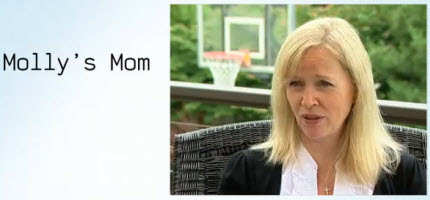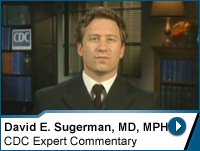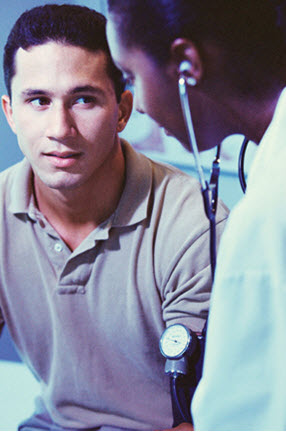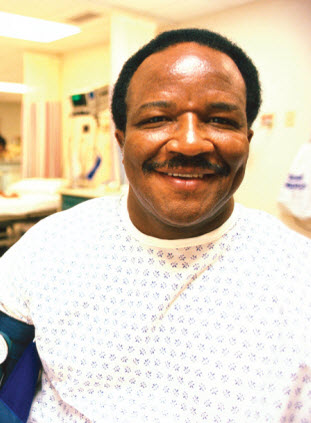Returning to Activities after a Mild TBI

Appropriate diagnosis, referral, and patient and family/caregiver education are critical for helping patients with mild TBI (MTBI) achieve optimal recovery and to reduce or avoid significant adverse health outcomes. However, diagnosing MTBIs can be challenging as symptoms of MTBI are common to those of other medical conditions and the onset and/or recognition of symptoms may occur days or weeks after the initial injury.
Therefore, CDC has collaborated with multiple organizations and leading experts to develop clinical guidelines and tools for diagnosis and management of patients with MTBI. This critical information is packaged into tool kits, fact sheets and pocket cards, making it easy for clinicians to get what they need to know, when they need to know it. CDC has also developed patient discharge fact sheets, podcasts and other resources for both patients and caregivers about concussion, including tips to help with recovery.
Returning to Daily Home/Community Activities after a Mild TBI
Increased rest and limited exertion are important to facilitate the patient’s recovery. Physicians should be cautious about allowing patients to return to driving, especially if the patient has problems with attention, processing speed, or reaction time. Patients should also be advised to get adequate sleep at night and to take daytime naps or rest breaks when significant fatigue is experienced. Symptoms typically worsen or re-emerge with exertion. Let any return of a patient’s symptoms be the guide to the level of exertion or activity that is safe. For details on returning home, see the Facts for Physicians booklet [PDF 4.58MB].
Returning to School after a Mild TBI
Symptomatic students may require active supports and accommodations in school, which may be gradually decreased as their functioning improves. Inform the student’s teacher(s), the school nurse, psychologist/counselor, and administrator of the student’s injury, symptoms, and cognitive deficits. For details on returning to school, see Heads Up to Schools and the Facts for Physicians booklet [PDF 4.58MB].
Returning to Play (Sports and Recreation) after a Mild TBI
Guiding the recovery of individuals of any age with MTBI who participate in competitive or recreational activities requires careful management to avoid re-injury or prolonged recovery. Athletes engaged in collision sports require special management and evaluation to ensure full recovery prior to their return to play. For details on returning to play, see our Return to Play page and the Facts for Physicians booklet [PDF 4.58MB]
Returning to Work after a Mild TBI
Return-to-work planning should be based upon careful evaluation of symptoms and neurocognitive status. To help expedite recovery from MTBI, patients may initially need to reduce both physical and cognitive exertion. Rest is key. Restricting work during initial stages of recovery may be indicated to help facilitate recovery. Repeated evaluation of both symptoms and cognitive status is recommended to help guide management considerations. For details on returning to work, see the Facts for Physicians booklet [PDF 4.58MB]
Contact Us:
- Centers for Disease Control and Prevention
National Center for Injury Prevention and Control (NCIPC)
4770 Buford Hwy, NE
MS F-63
Atlanta, GA 30341-3717 - 800-CDC-INFO
(800-232-4636)
TTY: (888) 232-6348
New Hours of Operation:
8am-8pm ET/
Monday-Friday
Closed Holidays - cdcinfo@cdc.gov









